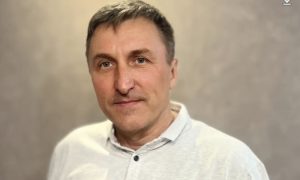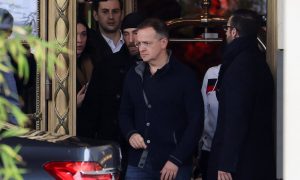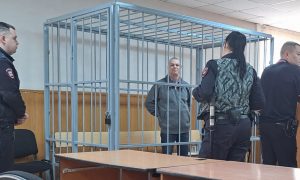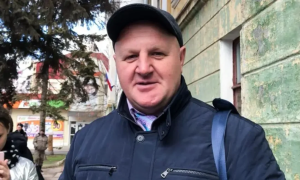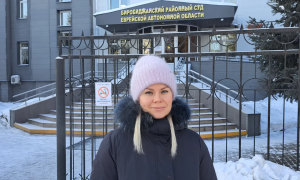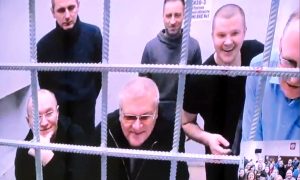Maksim Leonardovich Shevchenko is the president of the Center for Strategic Studies of Religion and Politics in the Modern World and a member of the Council for Development of Civil society and Human Rights under the president of the Russian federation.
“I consider that this lawsuit, of course, violates fundamental principles of freedom of conscience inasmuch as it is difficult to call the Jehovah’s Witnesses an extremist organization. Jehovah’s Witnesses have not been detected in either any terrorism acts or evil intentions. The Witnesses do not call for any armed actions, terrorist organizations, or disobedience.
“The attempt is made to accuse Witnesses of not donating blood. But there is a mass of Orthodox groups, or Muslims, or Jews even more so who show the same care towards blood, considering it the sacred bearer of life, for example. So it is possible to go too far.
Â
 Â
 “I think, of course, that Witnesses are persecuted for only one reason—that working in accordance with the principle “from man to man,” they constitute serious competition for the Russian Orthodox Church in a number of regions. And I consider that Jehovah’s Witnesses, as an organization that was born in Russia in the 19th century, are, if not traditional, at least a native Russian organization. Its American affiliate, Watchtower, cannot define the face of this organization, just as the Russian Orthodox Church Outside Russia (ROCOR) cannot define the face of Russian Orthodoxy.
“Jehovah’s Witnesses were imprisoned in stalinist camps and in nazi camps and, in general, they professed their faith firmly and strongly. Those who deal with Witnesses in personal life, when it is not a matter of religious questions but simply human relations, know that as a rule they are very decent, honest people, who do not steal or drink and who can be trusted.
“If it is possible in this way to ban the organization, whose members number in hundreds of thousands, then that means it is possible to repress other religious or public worldview groups quite easily. I consider that this is arbitrariness, and it is impossible to agree with this arbitrariness in any way. And one must protect the rights of citizens of the Russian federation who are members of this religious organization, in a judicial manner.
“And contemporary persecutions seem to me simply absurd. I do not understand how they are meaningful even for those who initiate them. What, is it simply to make a check mark? That we will suffocate those who are choking? It seems to me this is the unpleasant manner of the Russian security structures and judicial system. Here there obviously is the hand of influential public organizations, the Moscow patriarchate and its sympathizers at high levels of security services, who think that in prohibiting the Witnesses they are fulfilling some kind of supposed duty before Russian Orthodoxy.
“Therefore, frankly speaking, I think the ban to be unconstitutional and a violation of fundamental principles of freedom of conscience and of the very essence of the law on extremist activity.”Â
